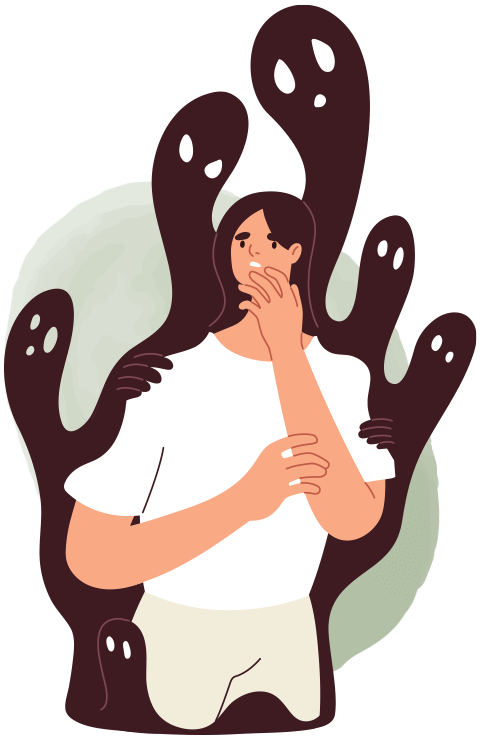Substance and Addiction Disorders
Our Mission
Provide accessible and compassionate mental health care.
Quality Providers
Certified and experience professionals to help guide your journey.
Personalized Care
Customized care and treatment plans for your unique path.





Types of Substance and Addiction Disorders
Alcohol use disorder involves the excessive and compulsive consumption of alcohol, leading to negative consequences and an inability to control or stop drinking.
Opioid use disorder refers to the misuse or dependence on opioid substances, such as prescription painkillers (e.g., oxycodone, hydrocodone) or illegal opioids (e.g., heroin), leading to significant impairment and cravings.
Stimulant use disorder involves the misuse or dependence on stimulant substances, such as cocaine, amphetamines, or methamphetamine. These substances increase energy, alertness, and euphoria, but their excessive use can lead to serious health consequences.
We Are Partners in Your Mental Health Journey





